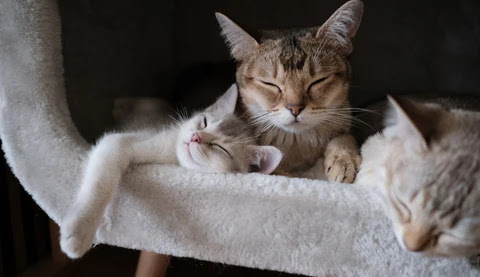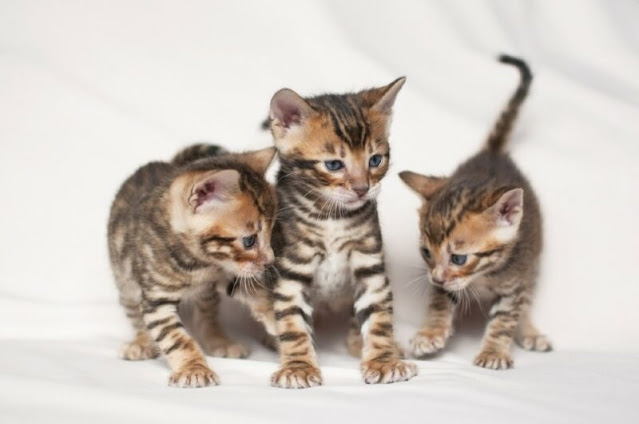how years do cats have?
Average cat lifespan
As cat owners, one of the questions that often crosses our minds is how many years our beloved feline companions will be with us. Cats are known for their independent nature and their ability to live long, satisfying lives. In this article, we will explore the average lifespan of cats and how their age compares to human years.
Cat years vs human years
Unlike humans, whose age is measured in years, cats age at a different rate. It is a common misconception to believe that one cat year is equivalent to seven human years. However, this is not entirely accurate.
Cats reach adulthood at around one year old, which is equivalent to a human in their late teens or early twenties. After that, each cat year is thought to be equivalent to around four human years. However, this approximation can vary depending on factors such as breed and overall health.
Life expectancy of cats
The average lifespan of a cat can vary greatly depending on their breed, genetics, environment, and overall health. On average, indoor cats tend to live longer than outdoor cats. Neutered or spayed cats also have a longer lifespan compared to those who have not been sterilized.
Generally, cats have a lifespan ranging from 12 to 16 years. However, it’s not uncommon for cats to live well into their twenties if they receive proper care and live in a safe and loving environment.
Signs of aging in cats
Just like humans, cats go through different life stages and show signs of aging as they get older.
Some common signs of aging in cats include:
- Decreased activity level
- Weight gain or loss
- Dull coat or fur
- Dental problems
- Mobility issues
- Changes in behavior or temperament
If you notice any of these signs in your cat, it’s important to consult with a veterinarian. Regular check-ups and preventive care can help detect and address potential health issues early on, improving your cat’s overall quality of life.
Cat age in years
To better understand your cat’s age in human years, you can use a cat age calculator. These calculators take into account the average lifespan and the different aging rates between cats and humans. By entering your cat’s age, you can get an estimate of their age in human years.
Remember that this is just an estimation, and individual cats may age at different rates depending on various factors. Regular veterinary check-ups can provide a more accurate assessment of your cat’s health and overall age-related changes.
Aging in cats
Just like humans, cats experience certain age-related changes as they get older. These changes can vary depending on the individual cat and their overall health.
Some common age-related changes in cats include:
- Reduced mobility
- Increased risk of certain diseases
- Changes in appetite and digestion
- Dental issues
- Changes in sensory perception (e.g., hearing or vision loss)
- Decreased immune function
Providing proper care and a suitable environment for your aging cat can help alleviate some of these age-related changes and improve their quality of life. Regular veterinary check-ups, a balanced diet, and appropriate exercise can all contribute to the well-being of your senior feline friend.
Cat lifespan by breed
It’s important to note that the lifespan of a cat can vary depending on their breed. Some breeds have a genetic predisposition to certain health conditions that may affect their lifespan. Additionally, larger breeds tend to have shorter lifespans compared to smaller breeds.
Here are some average lifespans for popular cat breeds:
- Siamese: 10-12 years
- Maine Coon: 12-16 years
- Persian: 12-15 years
- Bengal: 12-15 years
- Ragdoll: 12-17 years
- Sphynx: 12-16 years
- Siberian: 12-16 years
These are just general guidelines, and individual cats may exceed or fall short of these average lifespans.
Feline life stages
Cats go through several life stages, each with its own unique characteristics and care requirements. Understanding these life stages can help you better cater to your cat’s needs as they age.
Kitten
The kitten stage begins at birth and typically lasts until the cat is around 6-8 months old. During this stage, kittens are highly energetic and curious. They require a balanced diet, plenty of playtime, and socialization to develop into healthy adult cats.
Adult
Once cats reach adulthood, they become more settled and less energetic. Most cats reach adulthood at around one year old. During this stage, regular veterinary check-ups and a balanced diet are essential for maintaining their health.
Senior
Cats are considered seniors when they reach around 7-10 years old, depending on their breed and overall health. Senior cats may require additional veterinary care, such as dental cleanings and more frequent health check-ups. Senior cat food formulas can also help address age-related health concerns and maintain their well-being.
In conclusion, the average lifespan of cats is around 12-16 years, but with proper care and attention, cats can live well into their twenties. Understanding the different life stages of cats and being aware of the signs of aging can help you provide the best possible care for your feline companion throughout their life.
Remember to consult with a veterinarian for personalized advice and guidance tailored to your cat’s specific needs.













